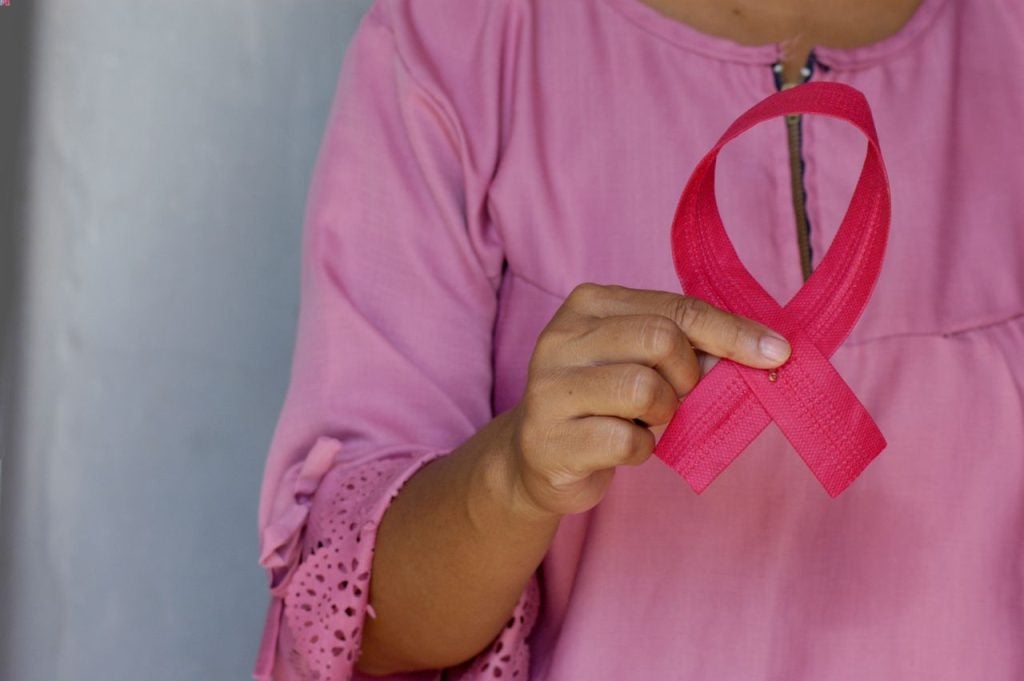Every October marks the beginning of Breast Cancer Awareness Month. Breast Cancer Awareness Month is an annual campaign that aims to raise awareness about the impact of breast cancer, its treatment and its prevention.
According to the National Breast Cancer Foundation, one in eight women in the US will be diagnosed with breast cancer in their lifetimes. In 2023, it is estimated that 297,790 women and 2,800 men will be diagnosed with invasive breast cancer. If breast cancer is caught in its early and localised stages, the five-year relative survival rate is 99%, which is why early detection is important.
Early detection will come from screening measures such as imaging (mammograms, MRIs and ultrasounds), as well as genetic testing for BRCA 1 and 2 mutations.
BRCA is the breast cancer gene and some people carry the gene mutations. People with a BRCA mutation have higher lifetime risks of developing breast cancer and they are more likely to develop a second cancer, even if they are diagnosed and overcome breast cancer. According to GlobalData, about 0.25% of the population carry a BRCA gene mutation.
Rates of BRCA 1 and 2 testing have increased in recent years, largely because of lower costs and increased public awareness. However, many healthcare systems have rules in place surrounding who is allowed to get tested for the genetic mutation. Often, the test is only offered to patients who are at higher risk, such as those with a family history of breast or ovarian cancer or those without a medical history due to adoption.
Early diagnosis is pivotal to breast cancer survival. While awareness itself is important, there should be more accessibility when it comes to genetic testing that can provide patients and healthcare professionals with these insights. Similarly, most women do not have access to breast imaging until later in life unless they are aware of a BRCA mutation or have a family history of breast cancer.
Such practices are reserved for higher-risk individuals so as not to overwhelm the healthcare system. However, Breast Cancer Awareness Month highlights the need for more breast screening among the general public.









